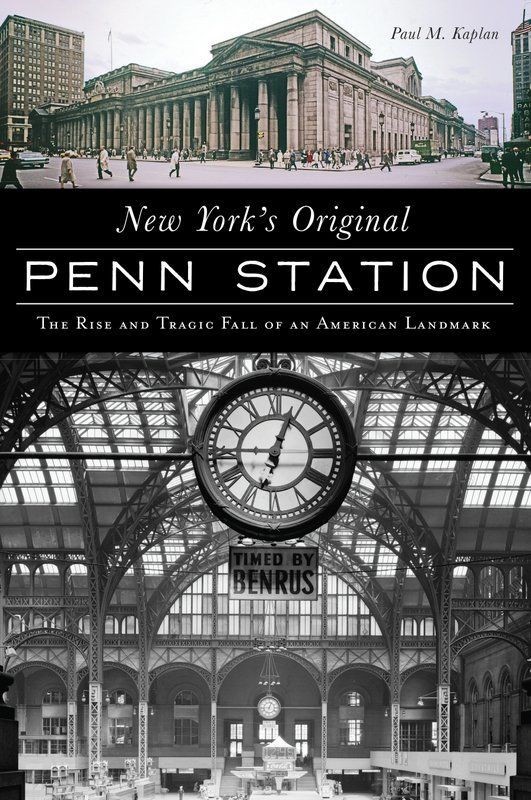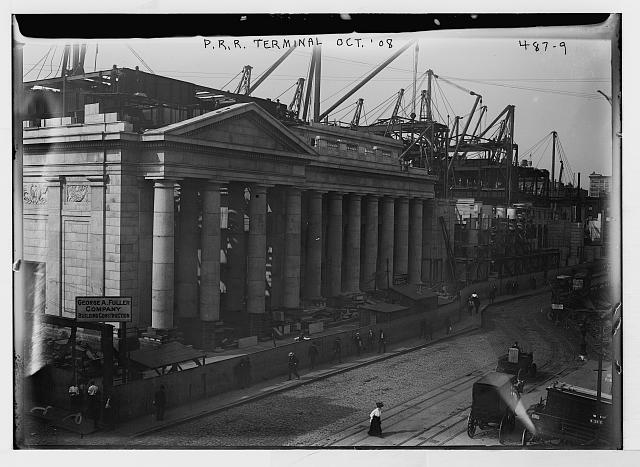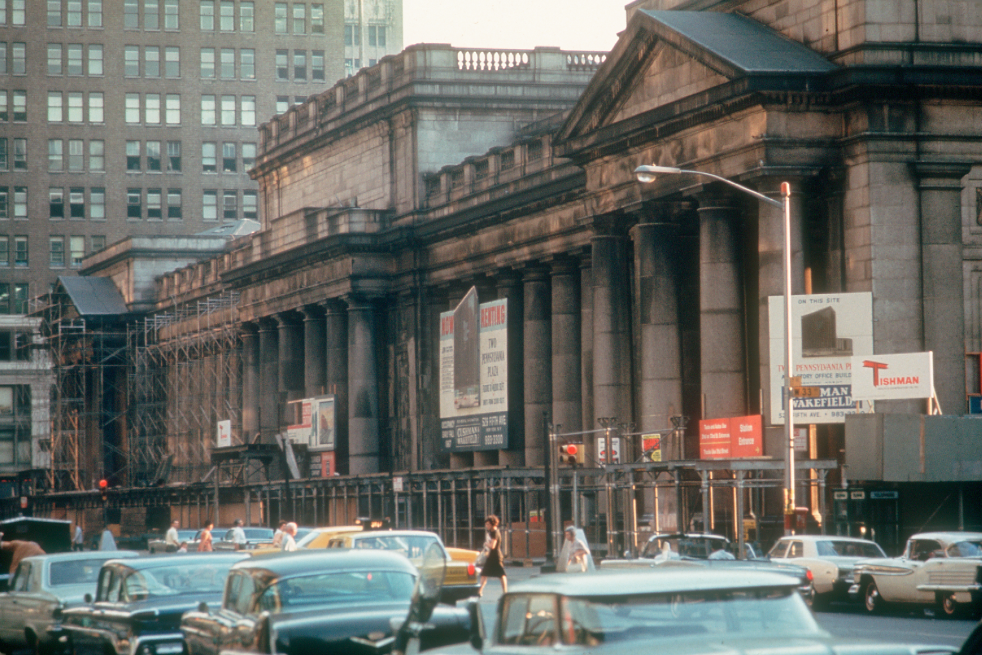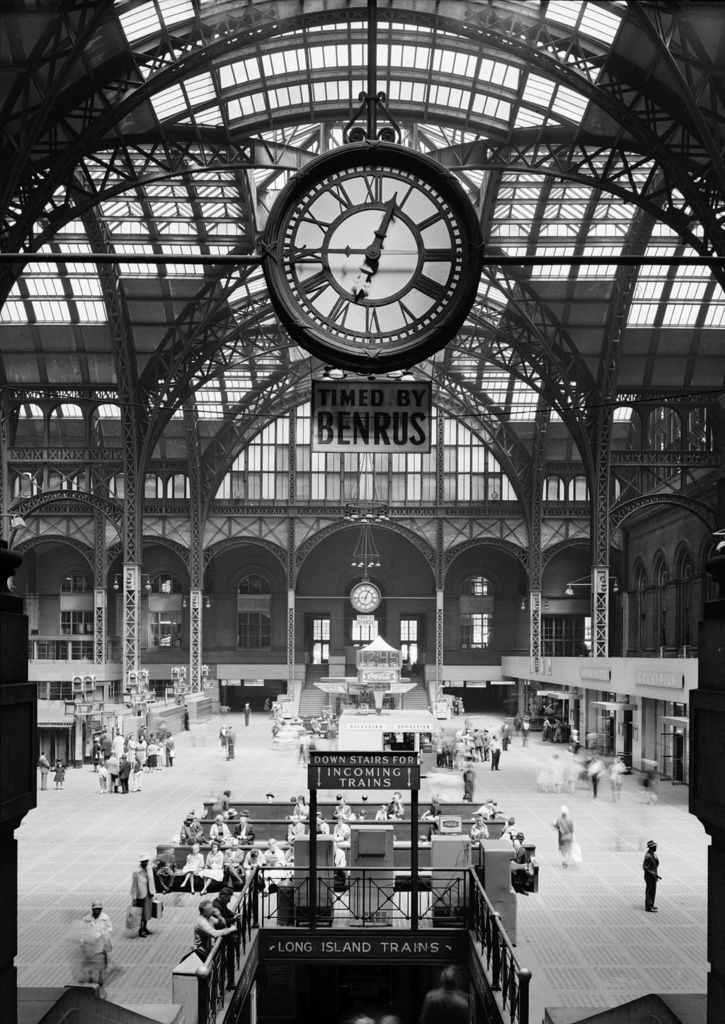How to See the Liberty Bell...in Queens
A copy of the famous American bell can be found inside a bank, which itself is modeled after Independence Hall!


The new book New York’s Original Penn Station: The Rise and Tragic Fall of an American Landmark by Paul M. Kaplan has hit bookstores and Untapped Cities’ own Penn Station expert and tour guide, Justin Rivers, is cited throughout. Kaplan’s glossy paperback published by The History Press examines how the Pennsylvania Railroad built and lost its crown jewel station paving the way for nationwide landmark’s preservation and leaving New York with the grossly inadequate transportation hub we know today.
 New York’s Original Penn Station: The Rise and Tragic Fall of an American Landmark
New York’s Original Penn Station: The Rise and Tragic Fall of an American Landmark
Kaplan reached out to Rivers back in 2017 while he was researching the book and found that Penn Station and Rivers were closely linked in recent years. Sitting down over the course of two interviews, both talked about the overambitious nature of Penn’s original Beaux-Arts masterpiece, why so much of the current station still houses buried remnants of the old one, and what the future of Penn may look like. All are topics Rivers closely examines during this course of his two-hour Remnants of Penn Station Tour, an experience that evolved from his off-broadway play The Eternal Space, about the demolition of the station. Kaplan himself came on the tour after his book went to print and told Rivers that he was able to gain a much better understanding of how the past station was covered over by the current. You can join in Rivers’ next tour this Saturday:
Tour of the Remnants of Penn Station
New York’s Original Penn Station follows in the footsteps of Lorraine Diehl’s The Late Great Pennsylvania Station, Hilary Ballon’s New York’s Pennsylvania Stations, and Jill Jonne’s Conquering Gotham but has a few compelling differences, first Kaplan has integrated some never-before-published historical documents and photos. Second, he is able to end with a look into the new 145,000 square foot Moynihan Station currently under construction across the street in the Post Office.

The construction of the 7th Avenue facade of Penn Station in October of 1908. From the Library of Congress.

Penn Station’s decaying 7th Ave facade in 1966. Photo by Norman McGrath.
As New York City architects and developers continue to find new ways to integrate transportation infrastructure into the context of a 21st-century city, the demolition of the original Pennsylvania Station is still cited as the city’s most epic preservation fail. This is witnessed by Michael Kimmelman’s recent New York Times piece about “the humiliating and bewildering” current version, and our piece on a slowly evolving Penn Station trying to meet the needs of its frustrated users. All this as Penn gears up for a much-needed redemption in Moynihan Station slated to open in January of 2021.
It is in this last segment that Rivers cautioned that although Moynihan is a step in the right direction there is still a station across the street to think about: “We still need to redevelop and reinvigorate Penn not only for LIRR and NJT riders but for the 100’s of thousands of MTA commuters who pass through Penn on a daily basis.”
Get a copy of the new book New York’s Original Penn Station: The Rise and Tragic Fall of an American Landmark on Amazon. If you’re interested in learning more about what’s left of the original Penn Station and the future plans en route, join us on our next tour of The Remnants of Penn Station, taking place this Saturday.
Tour of the Remnants of Penn Station

A vision for a future LIRR Concourse in Penn Station. Image from Governor Andrew Cuomo.

Image from Wikimedia Commons
Subscribe to our newsletter